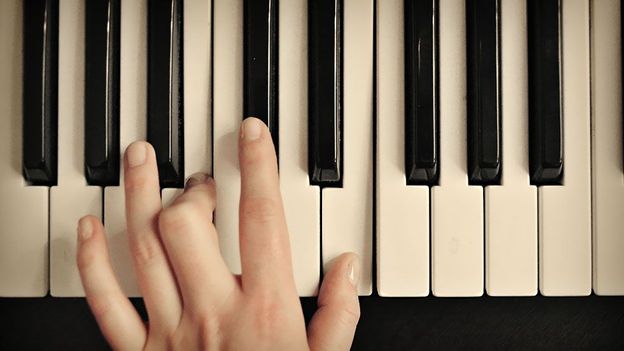Learning to play an instrument can be a valuable and rewarding experience for people of all ages. Not only does it offer a creative outlet, but it also has numerous cognitive and emotional benefits. Here are some benefits I’ve noticed for myself as a pianist, including some that are backed up by research:
Cognitive Functioning. Studies have shown that learning to play the piano can improve memory, attention, and problem-solving skills. It makes sense: just like learning to speak a foreign language, playing the piano forces the brain to process and coordinate various sensory and motor inputs, which can strengthen neural connections and enhance overall cognitive abilities. Music theory knowledge can also provide a fulfilling way for people to understand the music they listen to (or the music they’re learning).
Creativity. Learning to play the piano can stimulate creativity and imagination. As students become more proficient, they can experiment with different musical styles, compose their own music, and express themselves through their playing. Playing the piano can also help students develop their own unique musical style and personality.
Confidence. Mastering a new skill, such as playing the piano, can boost self-esteem and increase confidence. Piano lessons offer students the opportunity to set goals, work towards them, and ultimately achieve them — there is really no comparable feeling to walking off the stage after performing exceptionally well. This sense of accomplishment can spill over into other areas of life and help students feel more confident in their abilities.
Stress Management. Playing the piano can be a great way to reduce stress and improve mental health. The act of playing requires focus and concentration, which can help distract from everyday worries and concerns. Additionally, playing music has been shown to reduce levels of cortisol, a hormone associated with stress. In my own life, learning to play a new piece of music is one of the only activities that cause me to truly focus on one specific task in front of me, rather than all the other things I need to do in my day.
Socialization. Learning to play the piano can also provide opportunities for socialization and networking. Piano students can connect with other musicians, participate in recitals and concerts, and join music groups and ensembles. These experiences can help foster a sense of community and provide a supportive environment for musical growth. As music students get older, they can audition for summer music festivals, competitions, and other activities that demonstrate their strong work ethic and personal fulfillment. Personally, I can also say that the friends one meets through music are unique, since these are the people that inspire and accept us through the craft.
In conclusion, the benefits of piano lessons extend far beyond just learning to play an instrument. From enhanced cognitive functioning and creativity to improved stress management and socialization, there are many compelling reasons to consider piano lessons. Whether you are a child or an adult, a beginner or an experienced musician, the piano can offer a lifetime of enjoyment and personal growth. Feel free to contact me if you, a family member, or someone you know is interested in starting or continuing piano study!


